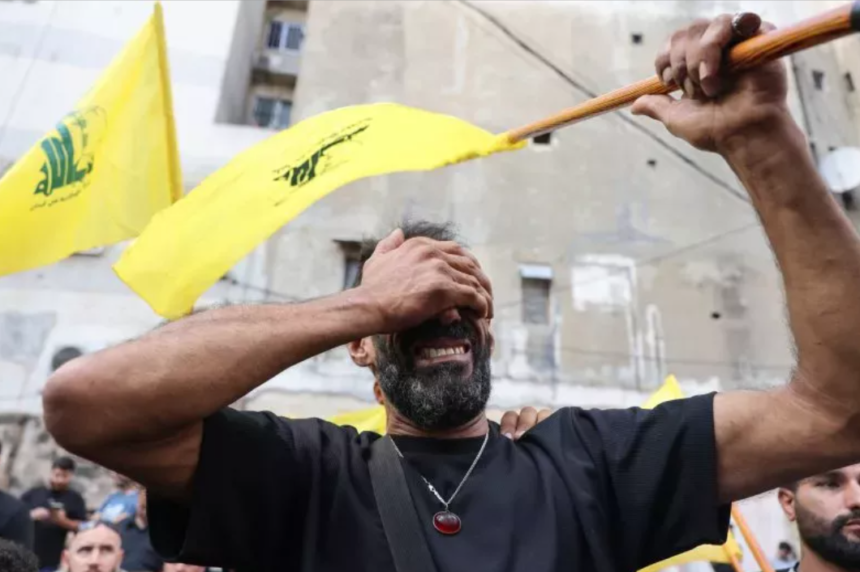Iran’s president, Masoud Pezeshkian, said there would be “just retribution” after the explosions of electrical devices in Lebanon.
After explosives-laden pagers injured over 2,000 people and killed 12 on Tuesday, other attacks involving exploding walkie-talkies killed 20 people and wounded at least 450 others on Wednesday, Israel has been blamed for the attacks, which have targeted members of Hezbollah, an Islamist group affiliated with Tehran.
A new phase in the war” against his country was announced on Wednesday by the Israeli defence minister, Yoav Gallant; there has been no reaction so far to the explosions, the latest in a series of attacks that other officials have blamed on Israel’s Mossad intelligence agency.
Pezeshkian wrote on X that he was opposed to “the treacherous mass assassination carried out by the terrorist entity through the bombing of communication devices,” without naming Israel.
God is Almighty, the Avenger, and of course, the criminal will get his deserved punishment,” a translation said. He went on to say that Tehran “condemns this heinous crime that targeted the Lebanese and affirms its support for Lebanon, its government and people. We call on international organizations to assume their responsibilities.”
Avi Melamed, a retired Israeli intelligence officer and expert on the region, explained to Newsweek that until now, Hezbollah has relied on pagers because it assumed that they would not be vulnerable to GPS attacks at the same level as phones.
“While Hezbollah still retains the fallback wired system it built in 2008, losing the wireless communications capabilities significantly undermines its flexibility, connectivity, and maneuverability,” he said.
Melamed further said that the hit on Tuesday might be related to the news that the security agencies of Israel had foiled a plot by Hezbollah to assassinate Moshe Ya’alon, the former Israeli defense minister and IDF chief of staff, in Tel Aviv.
Melamed said the strike “means, in fact, that United States and Israel are signaling Iran directly” to force Hamas to concede, in concert with Israel’s military stance and the travel of Secretary of State Antony Blinken to Egypt to broker a peace settlement to the Gaza War.
Weakening its most powerful proxy would mean Iranian influence over Lebanon would be weakened by Israeli threats to attack Hezbollah at a time when the group is in a weak position,” added Melamed.
Across their shared border, Israel and Hezbollah-an Iranian-backed group that controls swaths of Lebanon-have been conducting mutual strikes.















